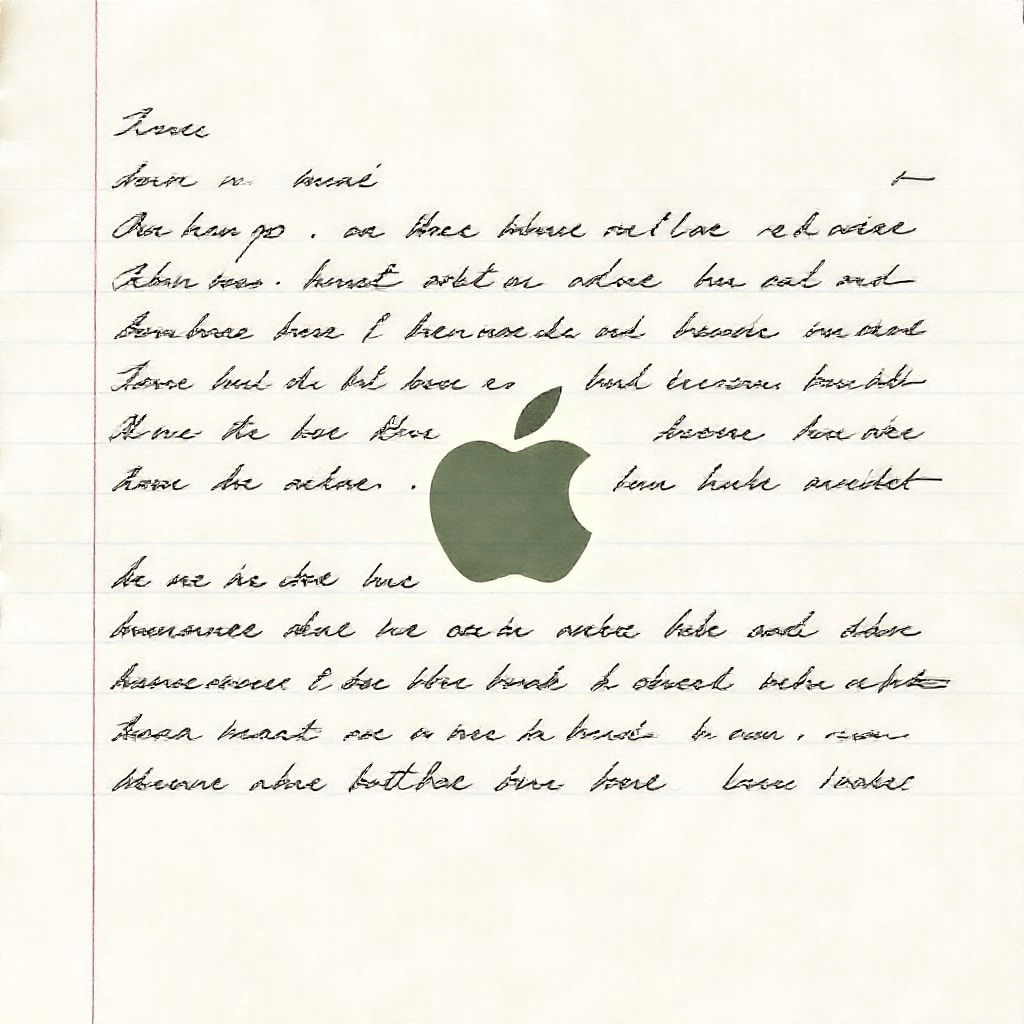A Hidden Message From Apple’s Visionary
More than a decade after his passing, a rare personal email written by Steve Jobs has resurfaced, offering the world a glimpse into his private thoughts. Written in 2010, a year before his death, and sent to himself via his Apple email account, this message is now being hailed as a deeply personal record of his gratitude and introspection. The email is being called Steve Jobs’ final reflection—a candid reminder of the humanity behind the legendary innovator.
Jobs, the co-founder of Apple, was widely regarded as one of the most influential technology leaders of all time. His products, including the iPhone, iPod, iPad, and Mac, revolutionized how humans interact with technology. Yet, while his professional achievements are well-documented, his personal reflections have remained largely private. This recently resurfaced email changes that narrative, revealing a softer, more vulnerable side of Jobs.
Background: A Man of Innovation and Mystery
Steve Jobs was often seen as a perfectionist, a relentless leader, and a visionary who transformed industries ranging from computing to music, film, and mobile technology. However, unlike many public figures, he remained fiercely protective of his personal life. His biography, authored by Walter Isaacson, captured some of his complexities, but moments like this email show dimensions that even close colleagues seldom witnessed.
In the email, Jobs is said to have acknowledged the countless contributions of others in shaping his life and success. Instead of focusing on his own genius, he expressed gratitude for humanity, both past and present. The humility captured in this note stands in stark contrast to his sometimes combative leadership style.
The Email’s Contents: Humility and Gratitude
The email itself is brief but profoundly impactful. Jobs wrote about how his life was built upon the efforts and sacrifices of others. He admitted dependence on the shared knowledge of humanity—teachers, innovators, friends, family, and even strangers.
Though Jobs never intended this message for public eyes, it offers a lesson in perspective. At the height of his power and influence, while leading the world’s most valuable tech company, he paused to acknowledge the communal nature of human progress.
This rare Steve Jobs final reflection reads as both a personal meditation and a universal truth: that no success, however great, is achieved in isolation.
Expert Reactions: Humanizing the Icon
The resurfacing of this email has prompted reflection across the tech industry. Scholars, executives, and commentators note how this humanizes Jobs beyond his iconic status.
- Cultural commentators describe it as “a window into the humility of a man often seen as ruthless.”
- Tech leaders suggest it reinforces the importance of collaboration in innovation.
- Fans view it as a final message that reframes Jobs not just as a genius, but as a human deeply aware of his interdependence with others.
Impact on Legacy
Jobs’ legacy has always been framed around innovation, design, and leadership. But this resurfaced email adds a new layer—empathy and gratitude.
- For Apple: It reinforces a culture that, despite its emphasis on perfection, must also value humanity and teamwork.
- For entrepreneurs: It’s a reminder that innovation is never a solo endeavor.
- For society: It underscores the importance of humility in leadership.
Future Outlook: A Softer Lens on Steve Jobs
The discovery of Steve Jobs’ final reflection is likely to influence how future biographies, documentaries, and even Apple itself portray him. Instead of being remembered solely for his groundbreaking technology, he may also be remembered for his recognition of the human connections that made it possible.
As Apple continues to innovate with artificial intelligence, augmented reality, and wearable technologies, the company may also lean into this more empathetic framing of its co-founder.
Conclusion
Steve Jobs’ resurfaced email is more than just a personal note. It is a timeless reflection of gratitude, humility, and acknowledgment of shared human progress. While his legacy will always be tied to revolutionary products, this final reflection reminds us that his true genius also lay in his ability to recognize the power of collective humanity.







